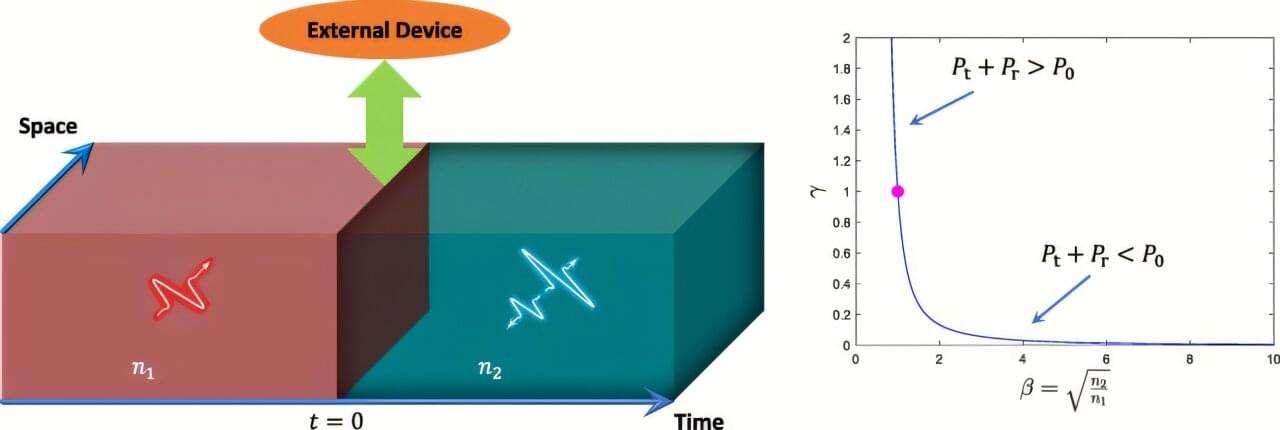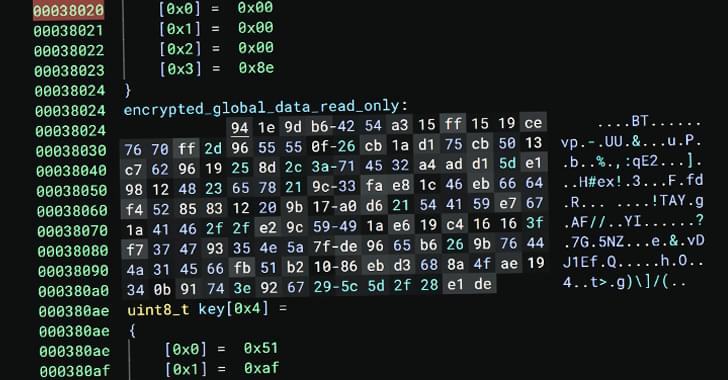Quantum computers could be made with fewer overall components, thanks to technology inspired by Schrödinger’s cat. A team of researchers from Amazon Web Services has used “bosonic cat qubits,” to improve the ability of quantum computers to correct errors. The demonstration of quantum error correction requiring reduced hardware overheads is reported in a paper published in Nature.
The system uses so-called cat qubits (qubits are the quantum equivalent to classical computing bits), which are designed to be resistant against certain types of noise and errors that might disrupt the output of quantum systems. This approach requires fewer overall components to achieve quantum error correction than other designs.
Quantum computers are prone to errors, which limits their potential to exceed the capabilities of classical computers at certain tasks. Quantum error correction is a method that helps reduce errors by spreading information over multiple qubits, allowing the identification and correction of errors without corrupting the computation. However, most approaches to quantum error correction typically rely on a large number of additional qubits to provide sufficient protection against errors, potentially leading to an overall decrease in efficiency.









